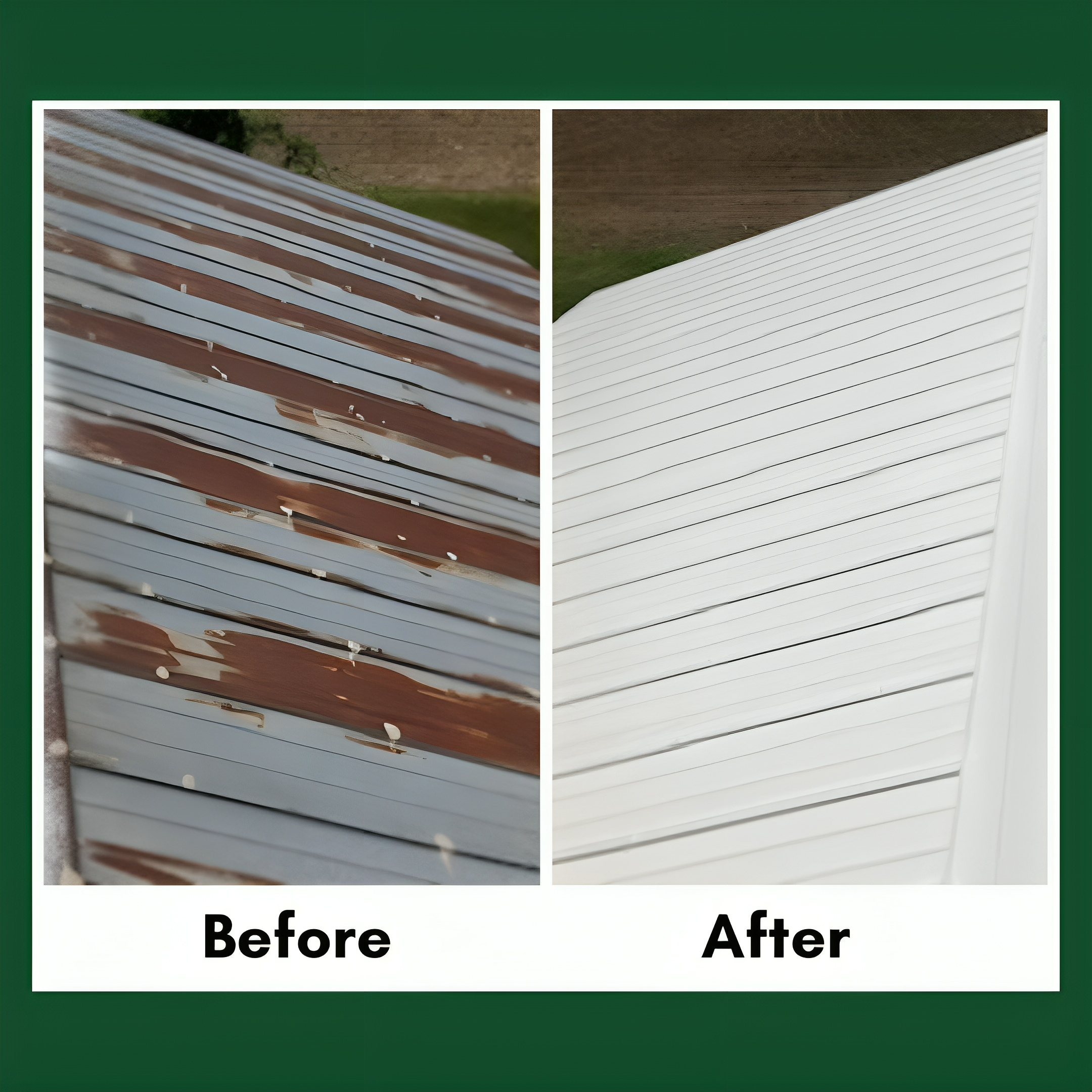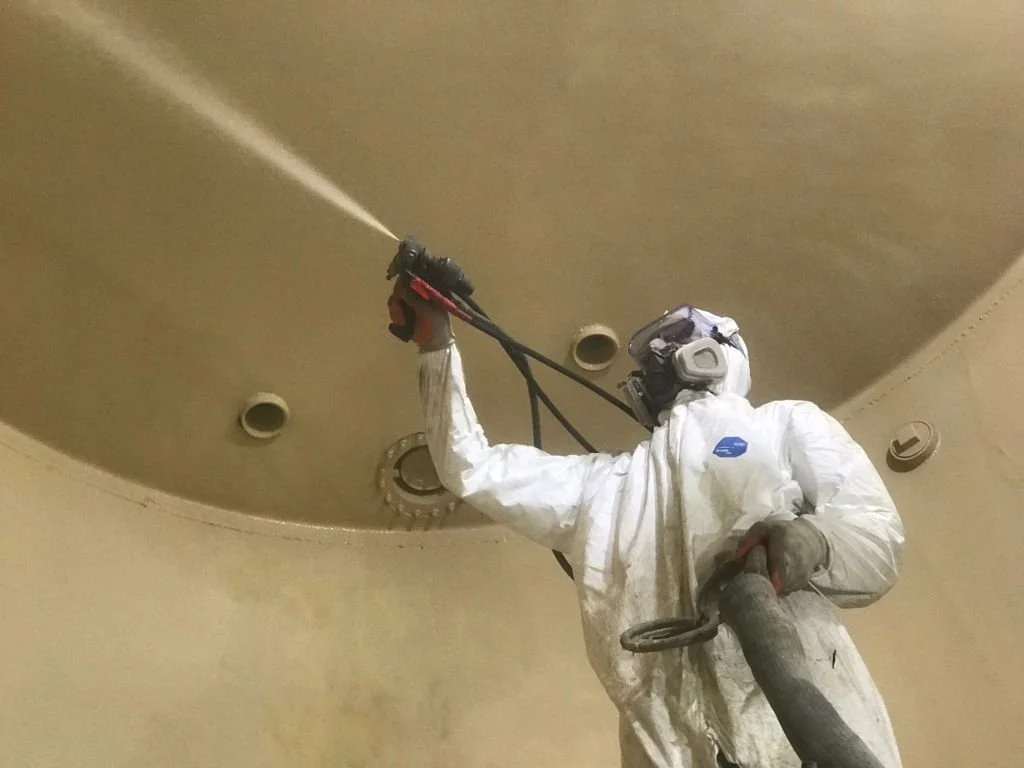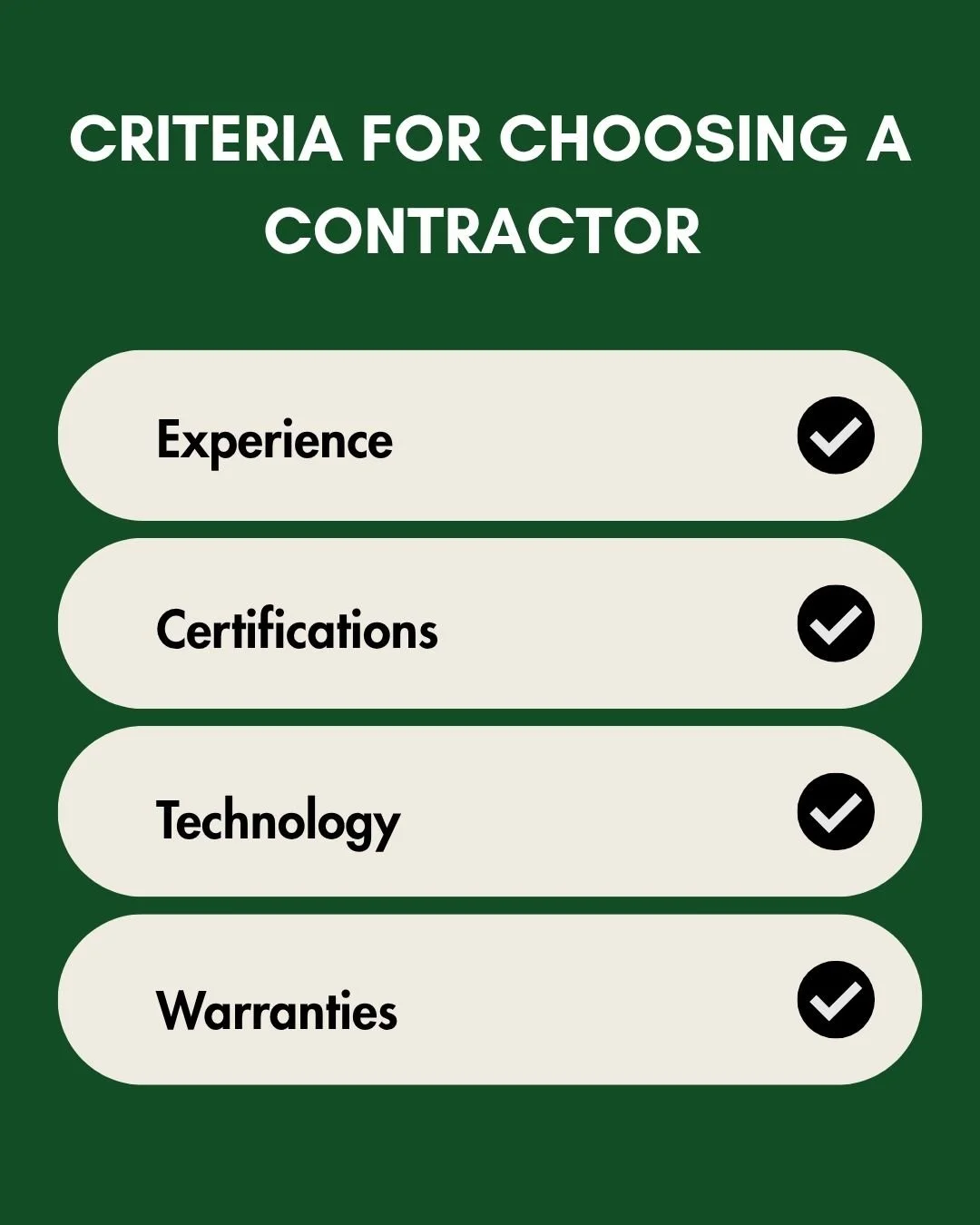Essential Guide to Commercial Roof Maintenance: Tips, Schedules, and Best Practices
Owning or managing a commercial property in Denver, Colorado, comes with unique challenges, especially when it comes to protecting your building’s roof. A well-maintained roof is more than just a structural necessity—it’s an investment in your property’s longevity, safety, and value. In this comprehensive guide, we’ll explore why commercial roof maintenance is critical, how to create an effective roofing maintenance plan, and actionable roof maintenance tips to keep your building in top shape. Whether you’re a facility manager, property owner, or real estate developer, this article will equip you with the knowledge to extend your roof’s lifespan and avoid costly repairs.
Why Commercial Roof Maintenance Matters
AA commercial roof is your building’s first line of defense against harsh weather, from Denver’s intense hailstorms to heavy snowfalls. Neglecting roofing maintenance can lead to leaks, structural damage, and even safety hazards for tenants or employees. For a full overview of the different types of commercial roofing systems, you can refer to our comprehensive guide. According to industry studies, proactive preventative roof maintenance can extend a roof’s lifespan by 30–100%, potentially saving thousands in replacement costs.
Beyond financial benefits, regular maintenance ensures compliance with local building codes, reduces environmental impact by minimizing waste, and enhances your property’s curb appeal. For facility managers, a solid commercial roof maintenance plan can streamline operations and prevent unexpected disruptions. This guide connects to related topics like commercial roof inspections and sustainable options like spray foam roofing, which we’ll reference throughout.
Key Components of a Commercial Roof Maintenance Plan
An effective commercial roof maintenance strategy revolves around three core pillars: inspections, cleaning, and repairs. Here’s how each contributes to a robust roof maintenance checklist:
Regular Inspections
Biannual inspections are the cornerstone of preventative roof maintenance. Schedule one in spring to assess winter damage and another in fall to prepare for snow. Post-storm inspections are also critical in Denver, where hail and high winds are common. A professional contractor, like Strong Contractors, can use drones or infrared scans to identify hidden issues like membrane tears or moisture buildup.
Cleaning and Debris Removal
Debris like leaves, dirt, or branches can clog drainage systems, leading to ponding water—a major cause of leaks. Regular cleaning, especially after storms, keeps your roof functional and prevents premature wear. Ensure your commercial roof maintenance services include clearing drains and gutters to maintain proper water flow.
Repair Protocols
Minor issues, like small punctures or loose flashing, can escalate if ignored. A maintenance roofing plan should include prompt repairs to address these problems. For example, patching a tear in a TPO or EPDM membrane can prevent water infiltration and extend the roof’s life. Document all repairs to maintain warranty compliance and track your roof’s condition over time.
Creating a Commercial Roof Maintenance Schedule
A structured roofing maintenance plan ensures no task is overlooked. Below is a sample schedule tailored for Denver’s climate:
| Quarter | Task | Purpose |
|---|---|---|
| Q1 (Spring) | Full inspection, debris removal | Assess winter damage, clear snow-related debris |
| Q2 (Summer) | Drainage cleaning, minor repairs | Prepare for summer storms and hail |
| Q3 (Fall) | Full inspection, gutter cleaning | Prep for winter snow and ice |
| Q4 (Winter) | Post-storm checks, emergency repairs | Address hail or snow damage quickly |
Common Commercial Roof Issues and Solutions
Commercial roofs face unique challenges, especially in Denver’s variable climate. Here are the most common issues and how to address them:
Leaks and Water Damage
Leaks often stem from punctures, seam failures, or poor drainage. Regular inspections can catch these early. For example, roof coatings like silicone or acrylic can seal minor leaks and protect against UV damage, extending your roof’s life.
Membrane Degradation
TPO, EPDM, and PVC membranes degrade over time due to UV exposure or weathering. Look for signs like cracking or fading. A commercial roof maintenance service can apply protective coatings or patch damaged areas to restore performance.
Drainage Problems
Clogged drains or improper slope cause ponding water, which weakens membranes and leads to leaks. Ensure your roof maintenance tips include regular drain cleaning and slope checks. If drainage issues persist, consult a contractor about re-sloping or installing additional drains.
Hail and Storm Damage
Denver’s hailstorms can puncture membranes or dislodge granules on asphalt roofs. Post-storm inspections are essential to identify damage early. For eco-conscious solutions, explore eco-friendly roofing options that offer superior durability against hail.
Preventative Roof Maintenance Best Practices
Proactive maintenance roofing is far more cost-effective than reactive repairs. Here are best practices to adopt:
Be Proactive: Address minor issues before they escalate. For example, sealing a small tear costs far less than replacing a water-damaged roof deck.
Partner with Experts: Work with certified contractors, like those offering C-PACE certified roofing, to ensure quality and compliance.
Leverage Technology: Drones and infrared scans provide precise diagnostics, identifying issues invisible to the naked eye.
Budget Wisely: Allocate funds for routine maintenance and an emergency repair reserve. This approach minimizes disruptions and keeps tenants satisfied.
For Denver properties, partnering with a local contractor like Strong Contractors ensures familiarity with regional weather challenges and building codes.
Denver-Specific Considerations
Denver’s climate—marked by hail, snow, and temperature swings—demands a tailored commercial roof maintenance plan. Hailstorms can cause immediate damage, while snow accumulation stresses roof structures. Compliance with Colorado’s building codes is also critical, especially for older properties. For instance, ensuring proper insulation and ventilation prevents ice dams, a common issue in Denver winters.
Local contractors understand these challenges and can recommend solutions like spray foam roofing, which offers excellent insulation and durability. Additionally, optimizing your Google Business Profile for commercial roof maintenance services in Denver can connect you with trusted providers like Strong Contractors.
Tools and Resources for Roofing Maintenance
Effective commercial roof maintenance relies on the right tools and resources. Here are some recommendations:
Drones: Used for safe, detailed inspections of large roofs.
Infrared Cameras: Detect moisture or insulation gaps without invasive testing.
Moisture Meters: Identify hidden leaks for early intervention.
Explore related topics like commercial roof inspections or financing eco-friendly roofs to complement your maintenance strategy.
Case Studies: Success Through Preventative Roof Maintenance
Case Study 1: Denver Office Building
A Denver office complex saved 40% on roof replacement costs by implementing a commercial roof maintenance plan. Biannual inspections and timely repairs, including a roof coating application, extended the roof’s life by 10 years, avoiding a $200,000 replacement.
Case Study 2: Retail Center
A facility manager at a Denver retail center prevented costly leaks by adopting a seasonal roofing maintenance schedule. After a hailstorm, a drone inspection identified minor punctures, which were quickly sealed, saving thousands in potential water damage repairs.
These examples highlight the value of proactive maintenance roofing and partnering with experts like Strong Contractors.
How to Choose a Commercial Roof Maintenance Service
Selecting the right contractor is critical for effective commercial roof maintenance. Look for:
Experience: Choose contractors with a proven track record in commercial roofing.
Certifications: Verify certifications like C-PACE or manufacturer endorsements.
Technology: Ensure they use advanced tools like drones or infrared scans.
Warranties: Confirm maintenance services preserve your roof’s warranty.
Ask potential contractors about their roofing maintenance plans, emergency response times, and experience with Denver’s climate. Companies like Strong Contractors offer tailored commercial roof maintenance services with Google Guaranteed certification, ensuring reliability.
Conclusion
A proactive commercial roof maintenance plan is essential for protecting your property, reducing costs, and ensuring tenant safety. By following a structured roofing maintenance schedule, addressing common issues like leaks or drainage problems, and partnering with trusted contractors, you can extend your roof’s lifespan and enhance its performance. Denver’s challenging climate makes preventative roof maintenance even more critical, so act now to safeguard your investment.
For more insights, explore our hub article, The Ultimate Guide to Commercial Roofing: Solutions, Inspections, and Sustainable Options, or related topics like spray foam roofing and eco-friendly roofing.
Frequently Asked Questions
-
A commercial roof maintenance plan is a structured schedule of inspections, cleaning, and repairs to extend a roof’s lifespan and prevent issues like leaks or structural damage.
-
Biannual inspections (spring and fall) are recommended, with additional checks after major storms to catch damage early.
-
Costs vary based on roof size and condition but typically range from $500–$5,000 annually for professional services. Contact Strong Contractors for a tailored quote.
-
By addressing minor issues like punctures or drainage problems early, preventative roof maintenance can add 5–15 years to a roof’s life, saving significant replacement costs.
READ MORE…
The Ultimate Guide to Commercial Roof Maintenance: Tips and Best Practices
Roof Restoration vs. Replacement: Why Roof Replacement is the Smarter Choice




